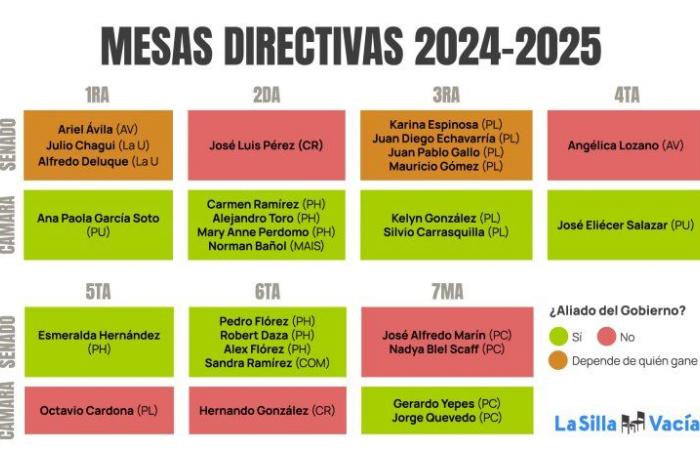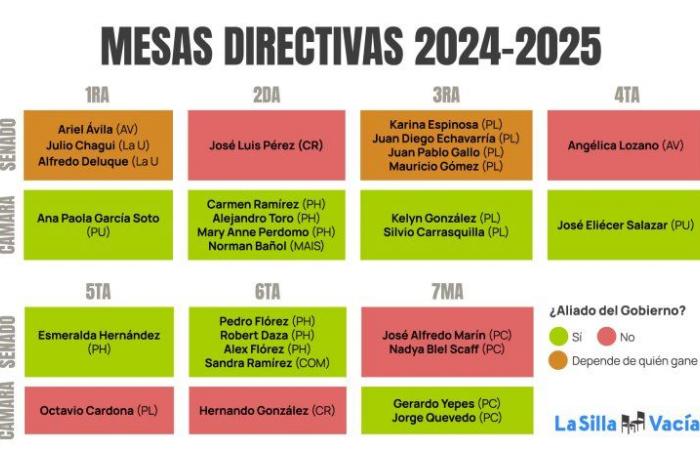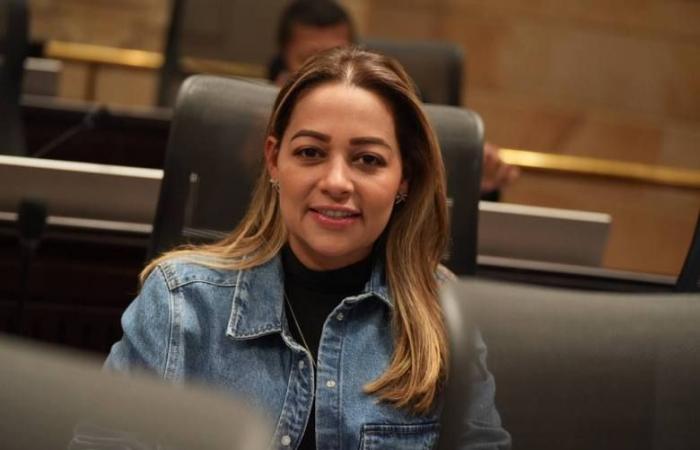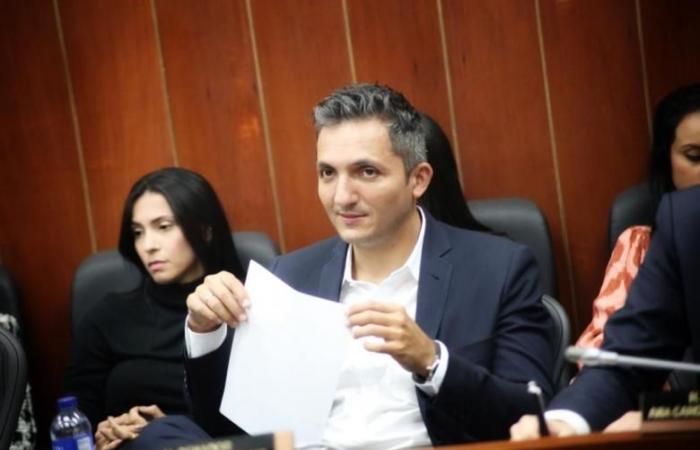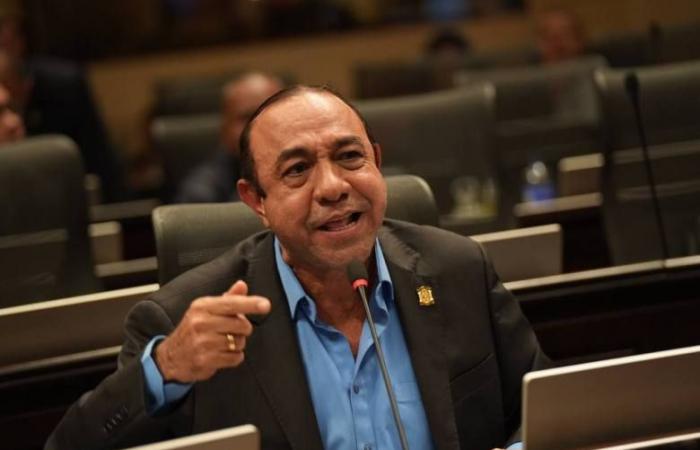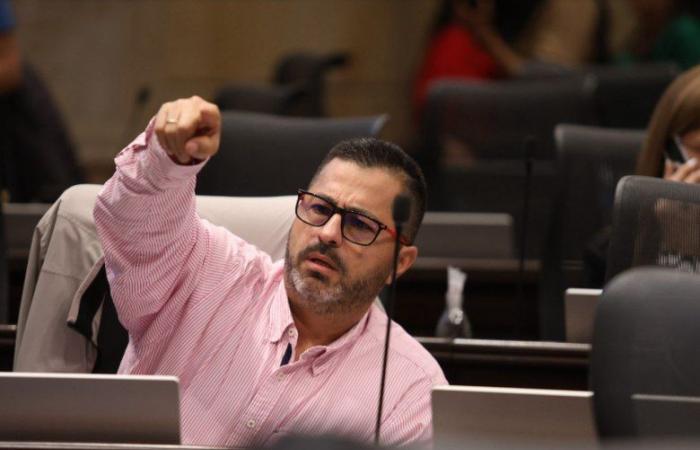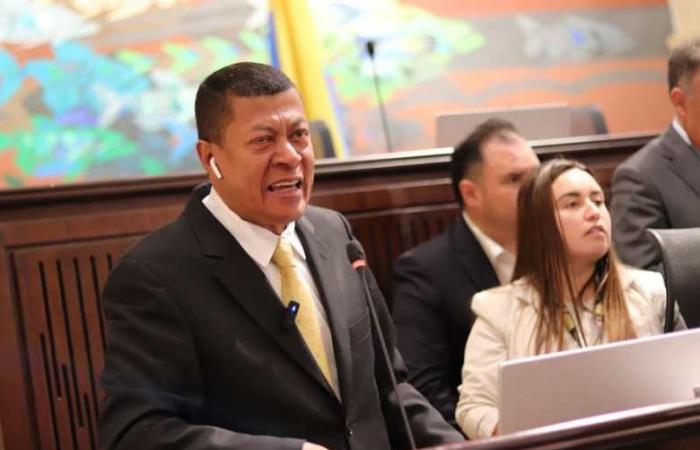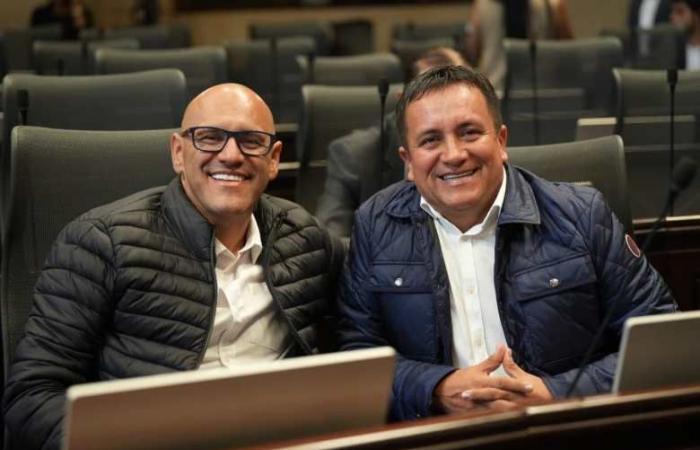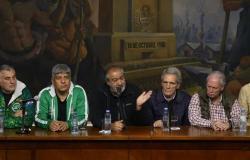In Congress they have not yet gone on vacation. These days, in the hallways and offices of the two legislative buildings there are meetings, coffees and attempts at persuasion to determine how the boards of directors of the seven Senate and House committees, and their respective plenary sessions, will be.
Although in most cases the agreements signed between the parties at the beginning of the period will be respected, there will also be breaches. From what has already been defined, Gustavo Petro’s government has something to draw on to say that it can count on allies in key commissions.
The definition of the remaining fights, especially the presidency of the Chamber between Katerine Miranda and Martha Alfonso Jurado, or the blockbuster First Commission of the Senate, will enter the tasks of whoever reaches the Ministry of the Interior, if the departure of Luis Fernando Velasco in the midst of the cabinet shakeup.
For now, this is how the commissions look one by one.
First Commission: ally in the Chamber, doubt in the Senate
The first commissions are strategic for the third term of the Petro government. They are the ones in charge of constitutional reforms. Starting on July 20, the new attempt at statutory reform of education, justice, the regulation of agrarian jurisdiction and some attempt at political reform should be passed through them.
In the Chamber, the agreements will be respected and the presidency will be for the La U party. The one chosen for that dignity is the representative of Córdoba, Ana Paola García, who in the last legislature was on the side of the government voting for the reform of the education, which later fell to the Senate, and the creation of Ecominerals.
García is a lawyer and specialist in Administrative Law, State Contracting and has a master’s degree in Government and Development of Territorial Entities. She is in her first period. She was launched into the Chamber as a formula for Julio Vidal, brother of Bernardo “El Ñoño” Elías and member of one of the most powerful families in Córdoba. Both were elected with the La U Party, García obtained 57 thousand votes.
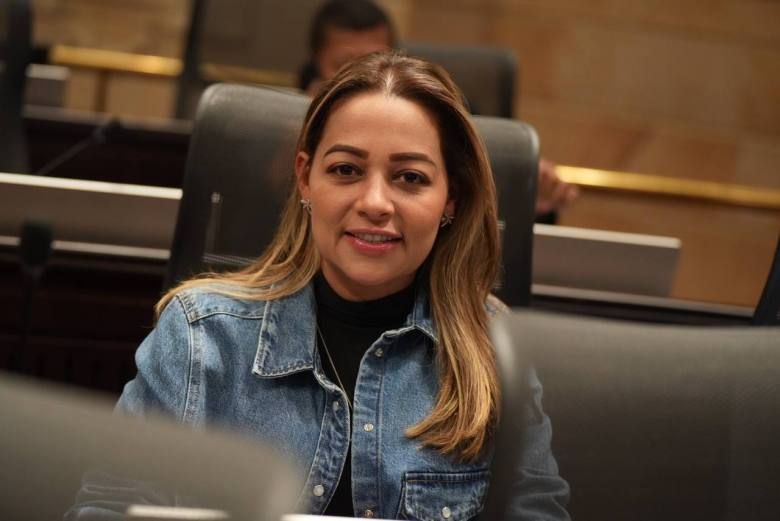

In the Senate, the outlook is uncertain for the interests of the government. That was the first commission to break the agreements made in 2022. Last year, as agreed, the presidency belonged to the Historical Pact, who gambled on Alexander López, but it happened that a bloc was formed between senators from Cambio Radical, The U, Conservative, Democratic Center and a Liberal faction to elect the conservative Germán Blanco.
With this background, there are doubts whether the agreement was definitely broken. If the original table is resumed, the presidency of the third year would correspond to the Green Alliance. There, the person who has claimed the space is Ariel Ávila, an ally of the government on peace issues. However, La U maintains that there is no such commitment and they are demanding power, either to elect Alfredo Deluque or Julio Chagui.
Deluque is opposed to Petro, among other things, because he wants to be a pre-candidate in 2026. Also because he questions the government’s poor treatment of La Guajira. For his part, Chagui has built official bridges because he was part of the U bloc that came to support the pension reform at the time when the government needed it most.
It is not ruled out in any case that if the Green thing is respected, Jonathan Ferney Pulido – who recognizes himself as Jota Pe – will be launched and get the support of the opposition bloc.
Second Commission: one from the Pact, another from the opposition
It is usually a commission with little media coverage, but in this government it is having significance. The issues of international relations, especially with Venezuela or Israel, and intelligence and counterintelligence due to complaints of alleged interceptions of magistrates, have made her visible.
In the House, the government will have one of its most faithful guardians in the presidency. It is the responsibility of the Historical Pact and the one who is leading to occupy it is David Alejandro Toro, representative for Antioquia of the line of the former mayor of Medellín, Daniel Quintero.
María Anne Perdomo, from Santander, has also raised her hand to be on the board of directors. She has been a teacher and actress in regional television series. Before running for the House of Representatives in 2022, she had not participated in electoral politics. Perdomo was the only candidate on the Historic Pact list for the House of Representatives in Santander.
In the Senate, the turn is for the opposition. José Luis Pérez from Cambio Radical will be in charge there, one of the most active members of that group, among other things, because he has a master’s degree in National Security and Defense from the Higher School of War.
Pérez helped promote the debate on political control of the Petro government due to complaints of alleged “cheating” of magistrates, journalists and opposition leaders.
Third Commission: Liberals from different courts
This will be the year of the Liberals in one of the economic commissions. The third is the commission in charge of budget issues. In the third year, the government will submit a project to modify the fiscal rule, another tax reform and the 2024 budget. Therefore, the presidencies of the two commissions are contested.
By agreements, both will be in the hands of the Liberal party. In the Chamber, the internal bid favors two Caribbean representatives. On the one hand, the representative of Magdalena, Kelyn González, who is a lawyer, is a specialist in State Contracting and Family Law at the Universidad Libre.
González is part of the “Sin Piedad”, the group of liberal representatives who have supported the government and who were given the presidency of Financiera Territorial, Findeter, as a political quota.
González’s rival is Silvio José Carrasquilla de Bolívar, who has been in Congress for two terms as Lidio García’s ticket. The lawyer came to the national arena, among other things, because in 2012, during the Summit of the Americas in Cartagena, he tried to give a donkey to then-US President Barack Obama.
Carrasquilla has also been on the government’s side on issues such as health reform, the Development Plan and tax reform.
In the Senate the fight is more uncertain because the government and the opposition bloc face each other. Karina Espinosa and Juan Diego Echavarría are part of the first and Juan Pablo Gallo and Mauricio Gómez Amín are part of the other.
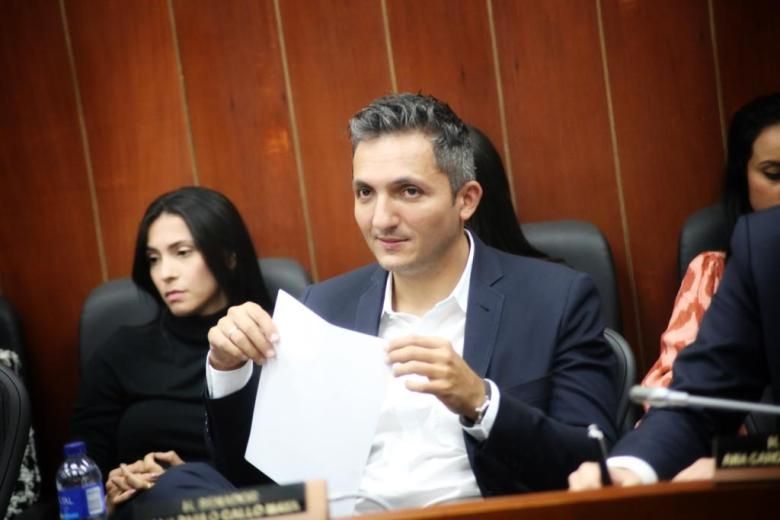

Recently, Espinoza and Echavarría came to support the pension reform and promoted the approval of the debt quota of 17 billion dollars requested by the Minister of Finance, Ricardo Bonilla. While Gallo and Gómez have voted against and have led the voices that ask that liberalism stop being, in name, a government party and move to independence or even to the opposition.
Fourth Commission: Time for the Green Party and the U
This is the other economic commission, in charge of tax issues, and this period will be varied. In the Chamber, it is for the La U party, who delegated that position to José Eliecer Salazar del Cesar, who has become a strategic political operator in the government’s bets.
Salazar led the voice of La U in the two plenary debates on the health and pension reforms. In both cases with speeches that questioned the role of the EPS and the funds in the management of public health and pension resources.
He is an ally of the Gnecco Clan, a powerful family that has appointed a governor in Cesar for the last 20 years.
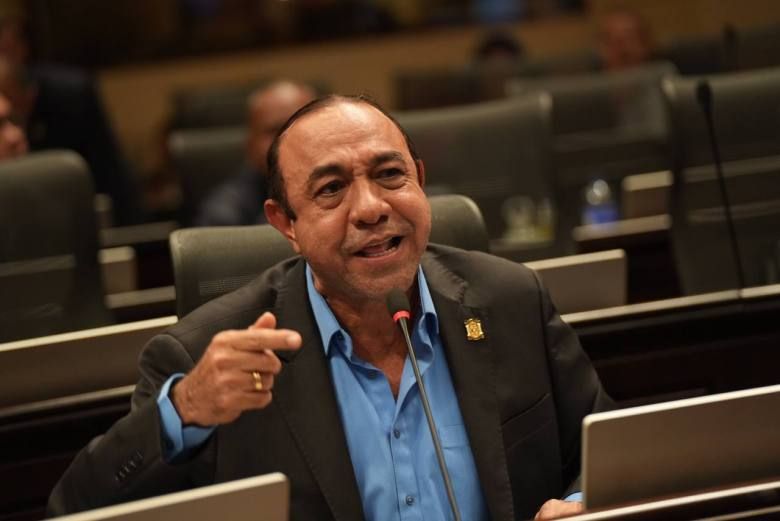

In the Fourth Senate, the Green Alliance will be in charge through Angélica Lozano, who is an independent voice of the government. Lozano has led the debates within that community to stop being a government party and move towards independence.
Although he has supported initiatives such as the pension reform, Lozano has distanced himself from the most Petrist Greens. And he is of the idea that if independence is not achieved, the green party should split so that another party can be formed.
Fifth Commission: the coup in the Chamber and the ally in the Senate
It is that of environmental and agricultural issues. The government has announced that it will insist there to achieve a ban on fracking and the strengthening of regulations that allow it to advance with agrarian reform. It will be one of the commissions where it is very likely that they will not respect agreements between parties.
In the Chamber, the agreed table says that the presidency corresponds to the Historical Pact. But there are moves that say it will be for the Liberal party. The breakdown of the agreements began last year when the turn fell to the Pact, who nominated Erick Velasco, and in the end, a bloc was formed between conservatives, liberals, La U and peace seats that elected Luis Ramiro Ricardo of peace.
That block wants to repeat. The chosen one is the liberal Octavio Cardona, from Caldas, who is one of the independent chips of the red bench against the Petro government. He has been a frequent participant in control debates with the president of Ecopetrol, Ricardo Roa, or the Minister of Agriculture, Jennifer Mojica.
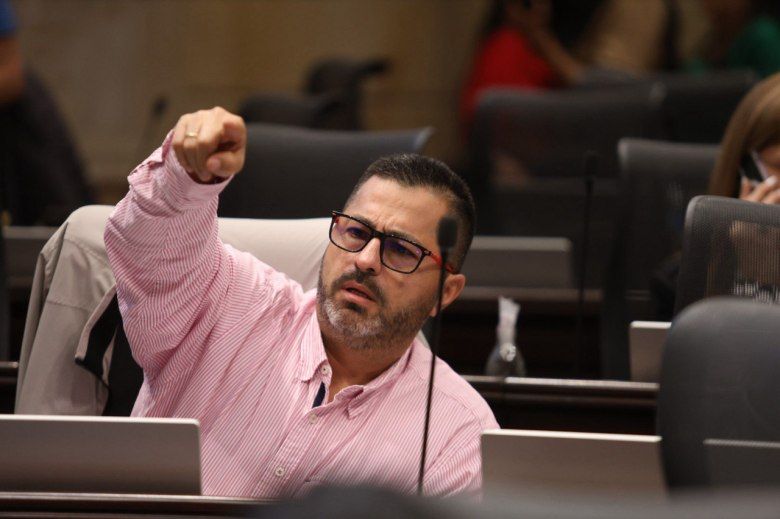

In the Senate, the third year is for the Historical Pact, which has three letters to define internally. Esmeralda Hernández, who has a well-known history as an animal activist, starts with an advantage. She has promoted bills to ban bullfighting and curb the use of glyphosate for illicit crop eradication and fracking in oil extraction.
There is also Isabel Zuleta, from Antioquia, who has been an environmental leader and has experience with the Ríos Vivos movement. The shortlist is complemented by Catalina del Socorro Pérez, a peasant leader from Córdoba, and one of the most influential figures in the National Association of Peasant Users (Anuc), a confederation of peasants founded in 1967 to promote the agrarian reform of Carlos Lleras Restrepo.
Sixth Commission: One from the Pact and another from the moderate opposition
It is the transportation and public services commission. It will wet the press because the government will base the reform of public services there, a modification to the education law and the public data law.
In the Chamber, the presidency will remain in the hands of Cambio Radical through Hernando González del Valle. “The teacher,” as his colleagues call him, represents a moderate opposition to the government. For example, he made a quorum to help push through the approval of the bullfights that he passed through that commission, while in the plenary session his bench voted against the project.
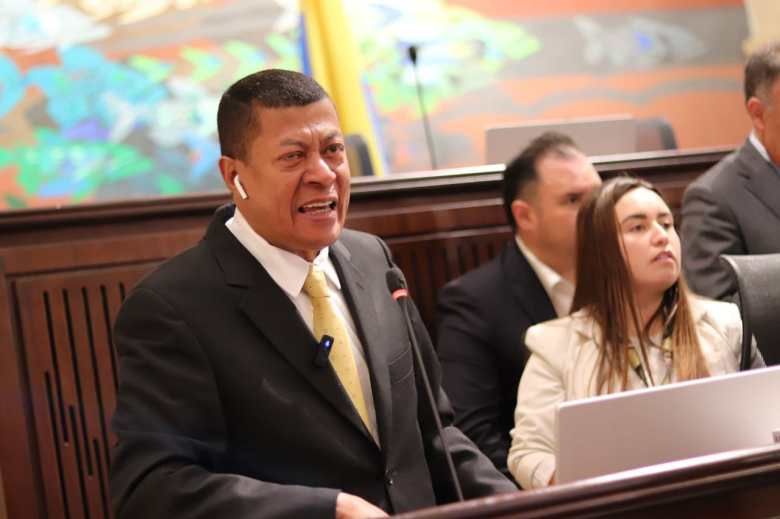

In the Senate, the order will be set by the Historical Pact, who has four profiles to choose from. There is Pedro Flórez, the ally of the Torres clan, who is accused of financing President Petro’s campaign; the other Flórez, Alex, close to the former mayor of Medellín, Daniel Quintero; and the peasant leader, Robert Daza.
Seventh Commission: the time of the conservatives
A new attempt at health reform and the termination of the labor reform are on the agenda of the seventh commissions. The agreements between parties will be respected and two conservatives will command the stop in the Senate and Chamber.
In the Chamber, which is more in line with the government, the one with the advantage is Gerardo Yepes from Tolima. He was one of those who risked Petro’s reforms in momentous moments. He signed the health report while his party internally decided not to support the initiative. And although he had to vote no later by decision of the bench, he did help indirectly by creating a quorum.
He also came to fully support labor, after the Minister of Labor, Gloría Ramírez, agreed to the conservatives’ request to remove the chapter on collective rights from the project.
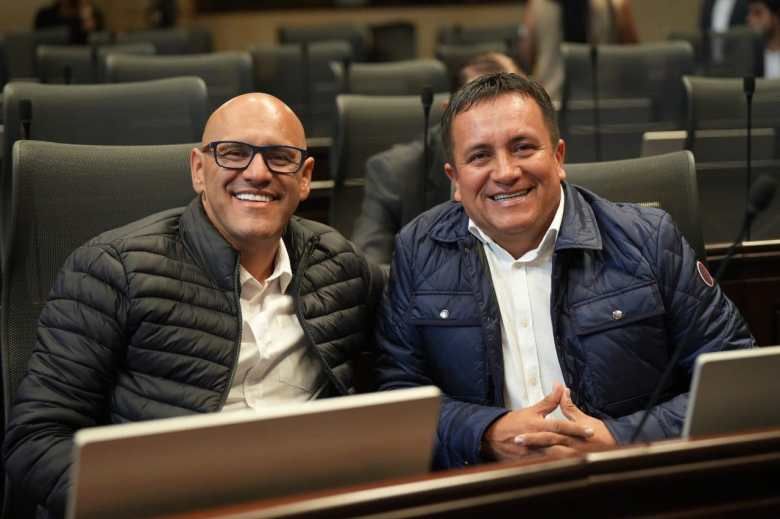

In the Senate, which sank the health reform in the third debate, conservative Nadia Blel will be the one who defines the agenda and gives instructions. She is part of the conservative bloc that does not copy the Petro government, in fact, Blel signed and voted on the proposal to archive the health reform and did not support the pension reform.

